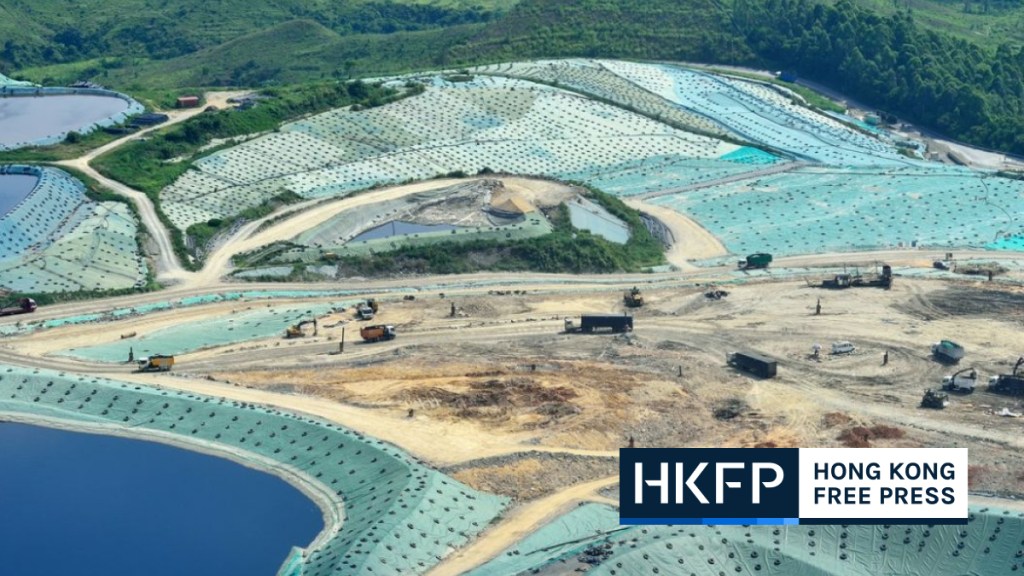Prime Minister Pushpa Kamal Dahal has said that an understanding has been reached between the major parties on the transitional justice process. The development comes on the day United Nations Secretary General Antonio Guterres also strongly pitched for an early conclusion of the peace process during his four-day Nepal visit.
Speaking to media persons at a tea reception organised by the CPN-UML on Wednesday, Dahal said that the bills related to the transitional justice process would be finalised as agreed during a meeting between him, Nepali Congress chief Sher Bahadur Deuba and UML chair KP Sharma Oli.
Dahal, Deuba and Oli had held talks to find a common ground for amending the Act on Commission on Investigation of Disappeared Persons and Truth and Reconciliation on Wednesday morning at the prime minister’s residence where they discussed finalising the text of the bill, which is already in parliament.
The victims of the decade-long insurgency have been urging a review of the bill to make it more victims-centric.
The transitional justice process has grabbed international attention since the signing of the comprehensive peace accord between the government and Maoist rebels in 2006. UN Secretary General Guterres, who wrapped up his Nepal visit on Wednesday, stated that the process must adhere to international standards and the Supreme Court’s rulings, as demanded by the victims.
“You are not alone,” he assured the conflict victims while addressing a joint meeting of Parliament on Tuesday. “The United Nations stands ready to support you to develop a process that meets international standards, your Supreme Court’s rulings, and the needs of victims—and to put it into practice. The United Nations and Nepal are old friends.”
Guterres also assured that the United Nations will help conclude Nepal’s peace process. Dahal, mentioning his meeting with Deuba and Oli, said they have reached an understanding and the process will be concluded soon. Prime Minister Dahal said that the law will be amended keeping the victims’ concerns at the centre.
“We have repeatedly said that the law should be victim-centred. The same will be in the new bill that we are currently discussing. I have always taken initiatives to bring the parties together on this issue. Today's meeting is part of that initiative. It has been positive,” said the prime minister.
The recent tea reception of the Nepali Congress and the UML’s Wednesday event have built an environment for consensus among the parties, said the prime minister, who looked hopeful that the bill on transitional justice will soon clear Parliament.
Addressing a joint meeting of the Parliament, Guterres said that the transitional justice process must be “inclusive [and] comprehensive with victims at its heart”.
His statement comes at a time when the current ruling coalition is saying it is largely a reconciliatory process where truth-seeking, relief and reparation should get more importance over other pillars.
The transitional justice process has been stuck despite the formation of the two commissions. The process could not be completed due to the lack of support from the victims of the decade-long people's war, differences over categorising the crimes, differing interpretations of serious human rights violations, among other things.
The prime minister also assured that the transitional justice process will provide justice to the victims, will honour the verdicts of the Supreme Court and be in keeping with international norms and values.
While Deuba did not speak to the media, UML chair Oli said the peace process should be concluded by addressing the concerns of the victims. The UML has forwarded four suggestions regarding the amendment bill. But Oli’s tone was positive on Wednesday. We got “a positive signal” from the prime minister’s side, said Oli.
“We met this morning and there was no bitterness between us, unlike what has been reported in some sections of the media,” said Oli while replying to a query over possible discord with Dahal.
Oli, during his meeting with the UN secretary general on Monday, had complained that some of the prime minister’s actions and decisions have created hiccups in concluding the peace process.
But Oli’s tone was distinctly different on Wednesday.
“As you see, I and the prime minister are on the same page. You must have seen our faces and body language… You have seen how we were happily celebrating the festivals. Is this not a positive gesture?” said Oli while refraining from making a direct response on whether there was an understanding between him and Dahal on Wednesday morning to pass the disputed bill.
When asked what he made of prime minister Dahal’s earlier statement that the political parties’ differences over the transitional justice process was dividing the country, Oli replied: “When did the prime minister say so? I have not heard that.”
Oli instead blamed the media for hyping up such political differences. “Today, we are not going to give the media any chance to do so,” said Oli at the tea reception organised by the party to mark Dashain, Tihar and Chhath festivals.
But Oli said that the transitional justice process will be victim-centric and it will be concluded through consensus.
“We must address the victims’ concerns. The process should be concluded on the basis of the past verdict of the Supreme Court. We have also discussed it with the international community and particularly the UN Human Rights Council has stressed the same. We have to pay attention to their concerns,” said Oli.











 English (US) ·
English (US) ·